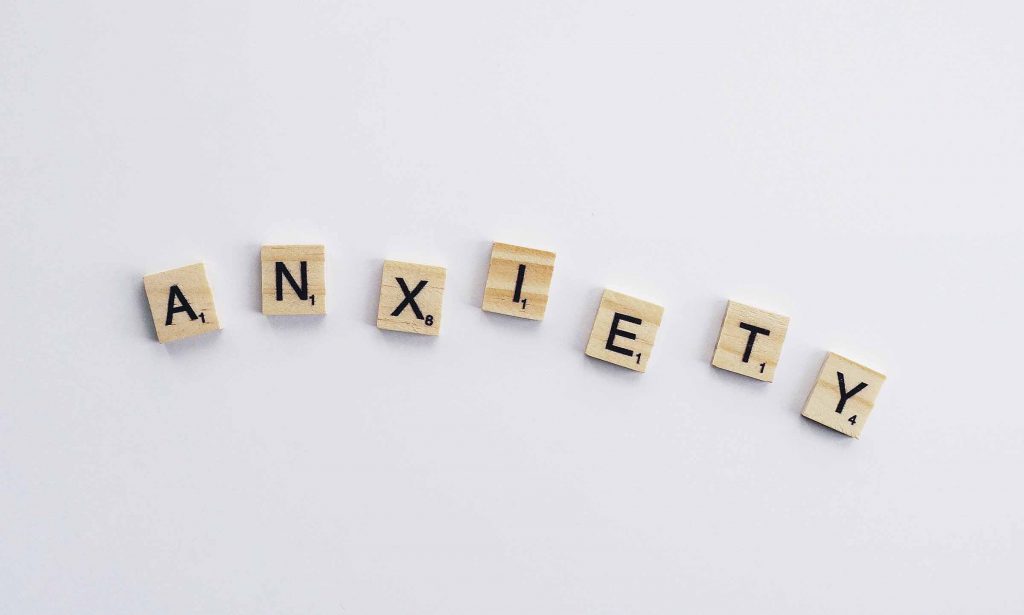We sale high quality 1:1 swiss replica watches uk shop,aaa fake watches uk for life. luxury brand is being deluged with opportunities,fast delivery!
These Hublot replica watches are among the first true Hublot replica to be made available.
Our website takes pride in providing customers with the most luxurious Cartier Replica Watches on the market.
Cornell Scale for Depression in Dementia was created by professor George Alexopoulos and his colleagues in 1988. Its purpose is to identify depressive symptoms in a patient with dementia.
What is Dementia?
Dementia is a syndrome in which there is a progressive loss of memory, ability to think (cognitive abilities) and perform, language, and behavior.
Furthermore, Dementia is a syndrome of different diseases and not just one. Also, It is caused by different disorders of the brain. The abnormality and malfunctioning of the brain trigger dementia.
Moreover, Around 50 million people in the world have dementia and 10 million cases are registered every year.
60 – 70% of cases in dementia are because of Alzheimer’s disease. Also, It is the most common form and also causes dementia. Other forms of dementia include vascular dementia, dementia with Lewy bodies, and frontotemporal dementia.

Symptoms of Dementia
- Memory loss.
- Deterioration of mental abilities like problem-solving and thinking.
- Mood changes; depressive and emotional behavior.
- Difficulty with speech (language) and numbers.
- Usually, lost in familiar places and confused in unfamiliar ones.
- Unable to recognize family and relatives.
Causes of Dementia
- Alzheimer disease
- Vascular dementia
- Frontotemporal dementia.
- Dementia from Lewy bodies
- HIV
- Parkinson’s disease

The CSDD is an interviewing approach with two structural interviews. First, for the informant and second, for the patient. Moreover, It is taken to derive information from both. There are two columns, both for the informant and the patient. Usually, The informant column is filled after the interview with the informant.
Who can be the Informant?
The informant has to be the person who is well aware of the patient’s condition. He can be a relative, friend, or family member. It can also be the nursing staff or the caretaker of the patient. The informant should know the necessary details about the patient so that the patient can be observed after the CSDD test to check for the symptoms.
Furthermore, the interviewer notes the observations about the patient from the informant first. Then, The informant tells the rater or the interviewer about what he observed in the patient. It can be about anything. From patient’s behavior to the way of every day living and the change in it too.
The second interview is taken after observing and interviewing the patient himself. Some patients tend to lie while interviewing and hide the problems or are simply not comfortable with talking. That is why the practical interview is taken on the form.
Components of CSDD (the scoring system)
Each CSDD forms take 20 minutes approximately to fill. It rates the severity of the depression symptoms through points 0 – 3 to mark in each row in front of the respective category. Consequently, Each point shows the severity of the symptom;
0 = absent
1 = mild or intermittent
2 = severe
Symptoms Category in CSDD:
A – Mood-Related Signs.
B – Behavioral Disturbance
C – Physical Signs
D – Cyclic Functions
E – Ideational Disturbance
The score lower than 5 in CSDD indicates the absence of potential depression. Usually, the depression that is considered to have the potential of growth is from the score above 10.
Furthermore, the scores above 18 are severe depression scores and patients go through potential depression episodes.
The ratings are not based on physical disability or illness. The ratings are to be based on depressive symptoms that are observed in the patient prior to the CSDD test.
If there is inconsistency in the scoring then the interviewer should interview the informant and the patients again. The final scoring represents the impression of the interviewer rather than the patient or the informant.
Questions to Ask to the Patient (according to the symptoms in CSDD)
A. Mood-Related Signs:
- Anxiety: Have you been feeling anxious in the past week? Have you been worrying about small things continuously also?
- Sadness: Were you feeling sad in the last week?
- Lack of Reactivity: Were you able to enjoy a trip or a party?
- Irritability: Did you feel angry or agitated in the past week?

B. Behavioral Disturbances
- Agitation: Were you feeling restless it agitated?
- Retardation: Did you have trouble speaking or remembering? Were you able to move properly?
- Multiple Physical Complaints: in the past week, were you able to ingest properly? Did your muscle ache? Did you have any headaches or any joint pain?
- Loss of Interest: Did normal routine interest you? Did you spend less time in your everyday activities? (All according to the patient)

C. Physical Signs
- Appetite Loss: Did you feel less hungry in the past week? Were you able to eat like you normally do? Also, Did anyone force you to eat?
- Weight Loss: Have you lost some pounds in the past month? Were you trying to lose weight too? Did your clothes go lose on you?
- Lack of Energy: Have you been feeling tired lately? If so, Did you feel like taking naps a lot? Did you feel your body energy low than normal?
D. Cyclic Functions:
- Diurnal Variations of Mood: How does your mood vary throughout the whole day? If so, Is it different in the day and at night?
- Difficulty Falling Asleep: Were you able to fall asleep properly at night? If so, How long did it take you to fall asleep? Is there any change in your sleep cycle?
- Multiple awakening During Sleep: Did you have to wake up during the night? If yes, then how many times? Did you leave the bed? Were you able to fall asleep again?
- Early Morning Awakening: How early did you wake up than normal routine? If yes, then did you stay in your bed or leave? Was it on a daily basis? (All according to the patient)

E. Ideational Disturbance
- Suicide: During the past week, did you have any thoughts of self-hate and worthlessness? If so, Did you think of ending your life? Have you been thinking of hurting yourself?
- Self-depreciation: Have you been thinking of low about yourself lately? Do you feel guilty of something too? If yes, then Do you feel that you have let someone down?
- Pessimism: Have you been thinking about how things will work out for you in the future? If so, Have you been feeling pessimistic or discouraged?
- Mood Congruent Delusions: Have you been seeing or hearing things that others don’t? Is your mind somehow playing tricks on you because of it? Do you have delusions about your situations and life?

The above mentioned are the points of CSDD that are asked as questions. Furthermore, they are also marked in the point table. Hence, the result is then compiled and if the score is above 10, the depression is potentially present in the patient. Furthermore, the above 18 means it’s severe and very dangerous.
